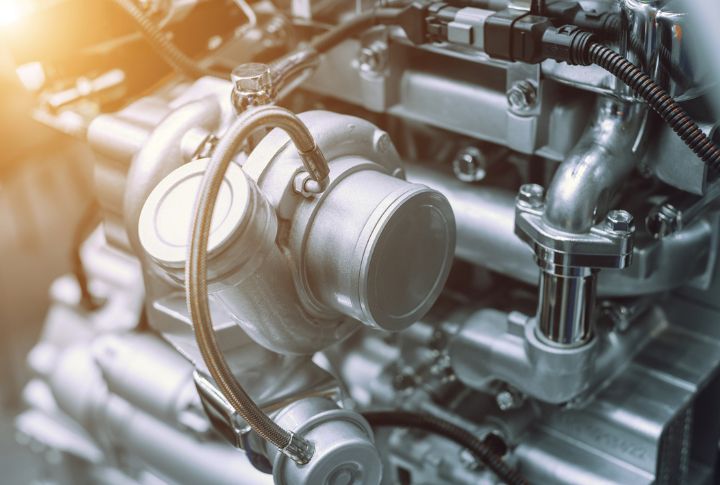
Diesel engines often get a bad rap, surrounded by myths that paint them as outdated and inefficient. But is there truth to these claims, or are we overlooking the potential benefits of diesel technology? By dispelling some of the biggest lies about diesel engines, we can reveal their true value and versatility. Ahead, find the misconceptions as well as the actual picture; let’s clear the air and set the record straight.
Diesel Engines Are Noisier and Rougher

One common myth is that diesel engines are louder and rougher than gasoline. However, modern diesel technology has significantly advanced, with newer engines operating much more quietly and smoothly. Thanks to innovations in engine design and noise reduction techniques, the harsh clattering once characteristic of diesel engines is no longer a standard feature.
Diesel Engines Are Way Dirtier Than Gasoline Engines

The belief that diesel engines are far dirtier than gasoline engines might have been valid decades ago, but it doesn’t hold water today. Soot and other pollutants have been significantly reduced due to advances in diesel technology. As a result of sophisticated emission control systems, modern diesel engines are much cleaner and more capable of meeting stringent environmental standards thanks to particulate filters and selective catalytic reduction technologies.v
Diesel Engines Have Short Lives

Contrary to the myth that diesel engines don’t last, they are known for their longevity and durability. Due to their rugged components, diesel engines can handle higher compression ratios than gasoline engines. This durability is why many commercial vehicles and heavy machinery rely on diesel power.
Diesel Fuel Is More Expensive, So Diesel Engines Cost More to Run
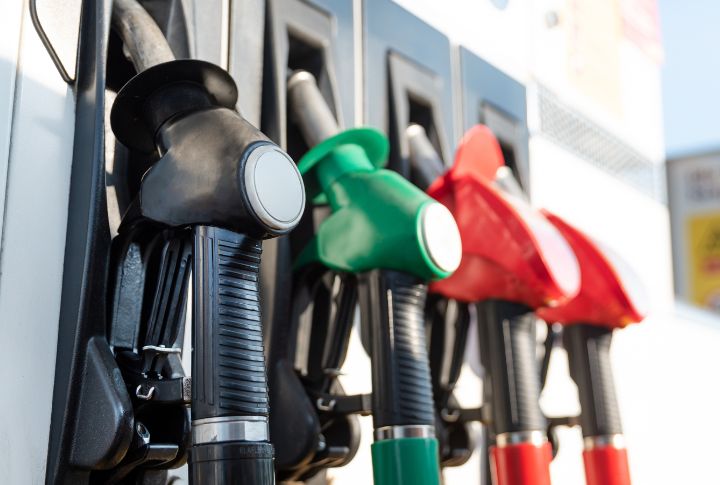
While it’s true that diesel fuel sometimes costs more per gallon than gasoline, diesel engines often make up for this with greater fuel efficiency. Diesel engines can convert more fuel energy into power, resulting in better mileage. This increased efficiency can lead to lower operating costs over the engine’s lifetime, especially for drivers who rack up a lot of miles.
Diesel Engines Are Less Powerful
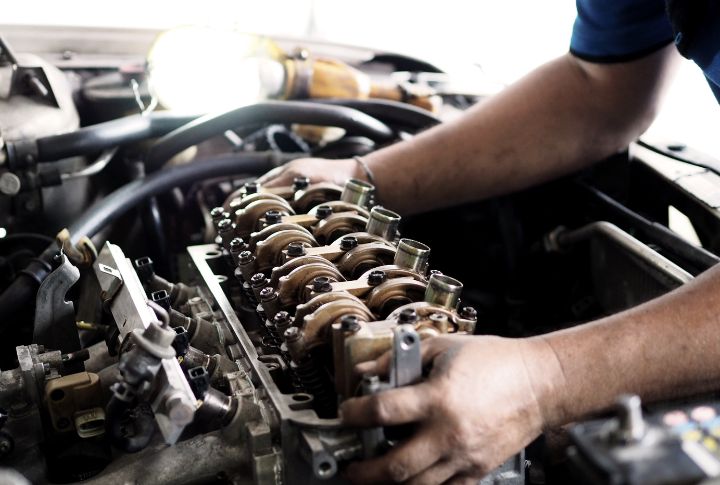
This misconception likely stems from associating diesel with large, slow-moving vehicles. In reality, diesel engines excel in generating torque—especially low-end torque—which is crucial for tasks requiring heavy lifting and towing. This makes diesel engines powerful and preferred in scenarios where strength and stamina are paramount, such as in trucks and industrial equipment.
Diesel Engines Don’t Do Well in Cold Weather
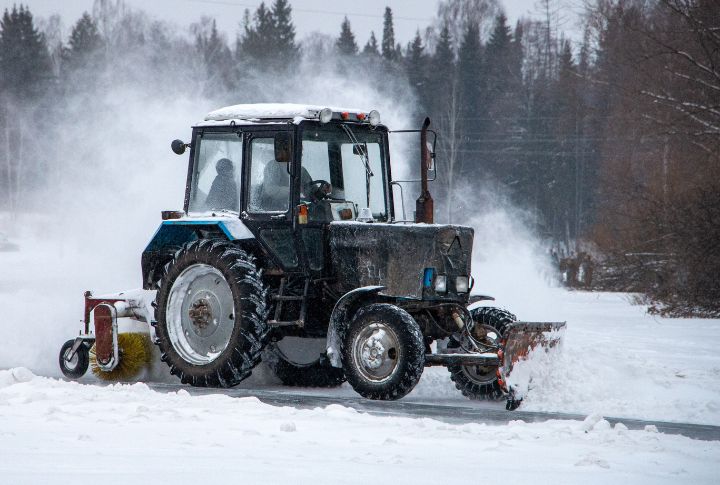
It used to be a common sight: diesel engines struggling to start in frigid temperatures. Today’s diesels, however, are equipped with technologies such as glow plugs and block heaters that mitigate these issues, greatly improving their cold-weather performance. Regular maintenance, such as using the right grade of oil and keeping the fuel system clean, also helps ensure diesel engines run smoothly in colder climates.
There Are Limited Uses for Diesel Engines
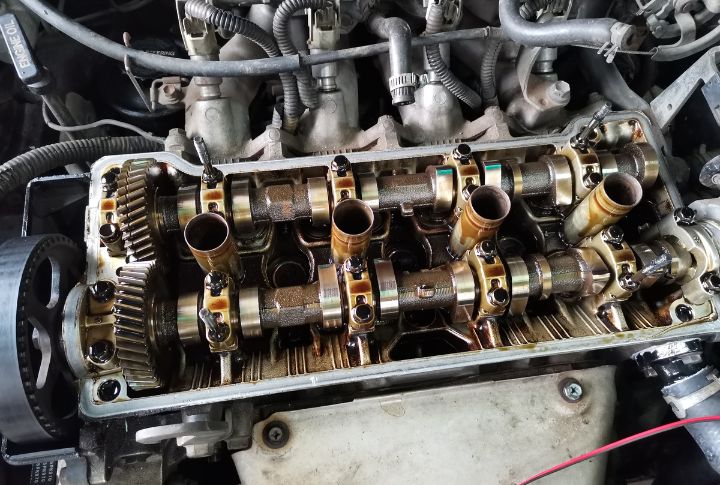
Far from being limited in application, diesel engines power some of the most critical machinery in various sectors, including transportation, agriculture, and construction. Their efficiency and durability make them ideal for enduring the demanding conditions of these industries. Additionally, diesel engines are key in marine and stationary power applications, demonstrating their versatility beyond just automotive uses.
Diesel Engines Are Being Phased Out
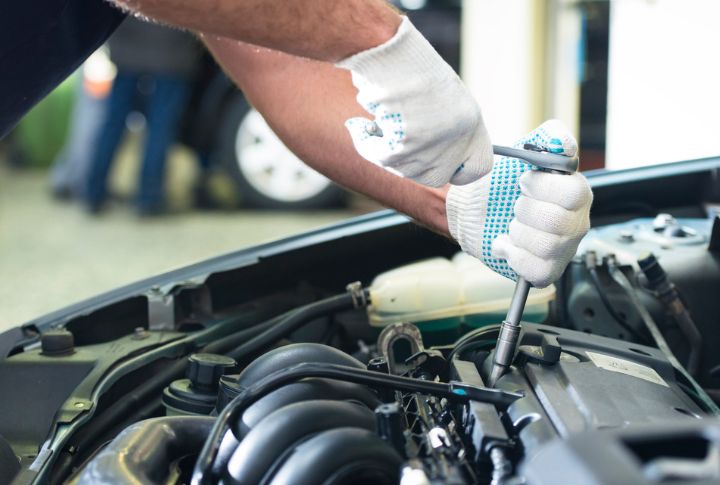
While the automotive industry is undergoing a significant push towards electrification, diesel engines are not being phased out indiscriminately. They remain integral in areas where electric vehicles (EVs) currently cannot compete, such as long-haul trucking and heavy-duty machinery. Moreover, ongoing developments in diesel engine technology are focused on making them cleaner and more efficient, ensuring their role in the future of transportation and industry.
